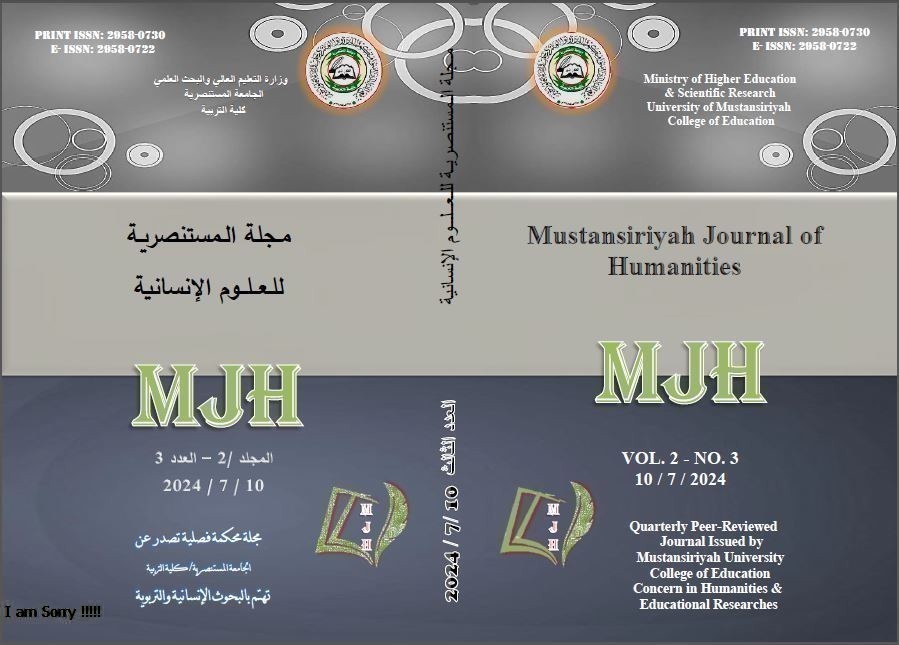Mozaffar Baqai Kermani: His Life and Political Activities in Iran until 1979
DOI:
https://doi.org/10.47831/mjh.v2i4.608Keywords:
Iran، oil company، Party of the toilers، Shura CouncilAbstract
Mozaffar Baqai Kermani is a contentious individual who played a noteworthy political role in the contemporary history of Iran. His academic pursuits had a profound influence on the development of his character, as he was shaped by elements of French culture and distanced himself from the prevailing religious paradigms of that era. Initially lacking political inclinations akin to those of his father, a former member of the Iranian Parliament, Baqai Kermani's return to Iran prompted the emergence of his political leanings, leading him to align with secular factions such as the Tudeh Party and the Democratic Party, both of which resonated with his ideological stance. His affiliation with the Democratic Party facilitated his electoral success and subsequent appointment to the Iranian Parliament. Nonetheless, internal discord within the party prompted his withdrawal, particularly upon recognizing signs of its dwindling influence. Subsequently, he identified the National Front, under the leadership of the prominent figure Mohammad Mosaddegh, as the most viable platform to pursue his objectives. Advocating against the Anglo-Iranian Oil Company, Baqai Kermani called for the removal of entities sympathetic to British policies, culminating in the establishment of his own political entity, the Workers' Party, to articulate his vision. Despite his divergence from religious doctrines, he acknowledged the necessity of forging alliances with influential entities to advance his agenda, leading to his support of the Organization of the Fedaiyan of the People and Ayatollah Abol-Ghasem Kashani, a stance he later renounced as he opposed the widespread protests demanding the ousting of Mohammad Reza Shah. Consequently, his strategic maneuvers were guided by the pursuit of power according to his vested interests, ultimately culminating in the waning of his political clout following the Islamic Revolution's triumph in Iran in 1979.





